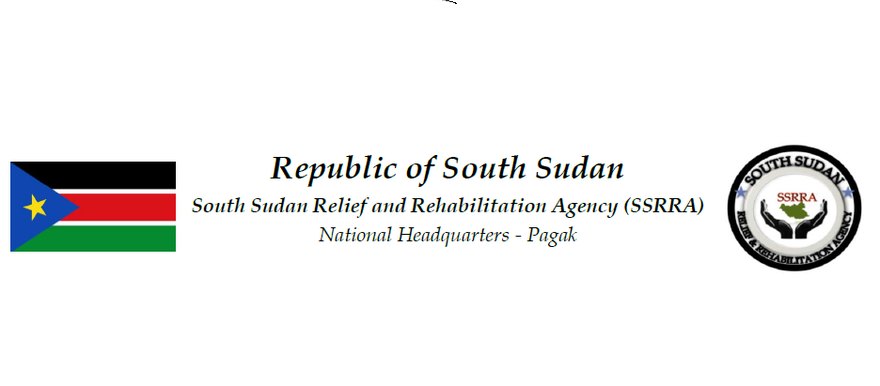The SPLM-In Opposition announced it will begin collecting taxes from humanitarians working in areas under rebel control.
According to an 11 March circular sent to aid agencies and seen by Radio Tamazuj, the South Sudan Relief and Rehabilitation Agency (SSRRA), the arm of the SPLM-IO rebel group which monitors and regulates humanitarian activities, will levy a 5% income tax on salaries of all South Sudanese staff of aid organizations working in opposition areas.
“The SSRRA is authorized to collect 5% tax on earnings directly from national locally recruited staff residing in SPLM/AiO controlled areas,” the circular reads.
It is not clear if all humanitarian agencies will comply with this request by the SPLM-IO, and if they do, if the 5% tax will be docked from the pay of individual employees or paid separately by each NGO’s headquarters.
The circular, signed by SSRRA Execuitive Director Gatwech Peter Kulang and available for download below, is at least the fifth request in the last six months from the SSRRA demanding taxes from national humanitarian staff, according to documents seen by Radio Tamazuj.
Previous requests demanded taxes of 10%. South Sudanese humanitarians working in their country already pay income tax to the Juba-based government led by Salva Kiir.
In addition to the taxation request, the SSRRA circular said that any items imported for relief projects will be exempt from local customs taxes. It further banned the military conscription of South Sudanese citizens employed by international or humanitarian organizations.
“South Sudanese national staff of UN, NGOs, and humanitarian agencies shall be exempt from military service so they may continue to contribute to the welfare of the civilian population,” the circular read.
The SSRRA said it will begin registering humanitarian agencies in their areas from Monday 23 March, but did not mention any fees associated with registration. The collection of taxes is also set to commence the same date.




